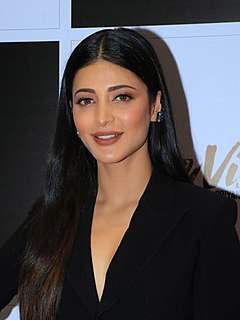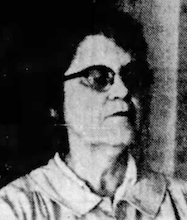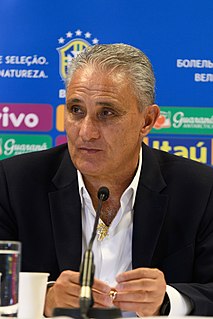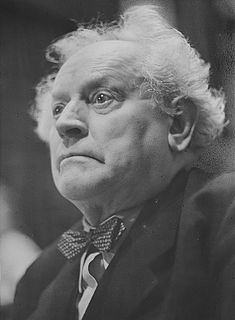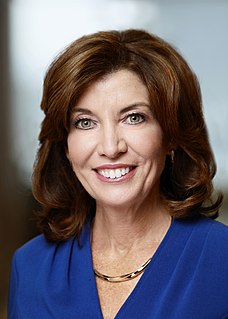A Quote by James E. Faust
No one ever had a better father than I did. Father was a disciplinarian, and Mother was a very loving woman who taught us out of the scriptures. The Book of Mormon was her favorite.
Related Quotes
Her [Eleanor Roosevelt] father was the love of her life. Her father always made her feel wanted, made her feel loved, where her mother made her feel, you know, unloved, judged harshly, never up to par. And she was her father's favorite, and her mother's unfavorite. So her father was the man that she went to for comfort in her imaginings.
My father has acted in over 700 films. My mother acted in one film, 'Kismat with Mithun Chakraborty,' in which my father also had a role. My father fell in love with her and would drive her around in his sports car, and they subsequently got married. My mom is the most beautiful woman and I think she has taken some serum to look young all her life.
The idea of feminine authority is so deeply embedded in the human subconscious that even after all these centuries of father-right the young child instinctively regards the mother as the supreme authority. He looks upon the father as equal with himself, equally subject to the woman's rule. Children have to be taught to love, honor, and respect the father, a task usually assumed by the mother.
My father ain't in Europe; my father's in a better place than Europe." Winterbourne imagined for a moment that this was the manner in which the child had been taught to intimate that Mr. Miller had been removed to the sphere of celestial reward. But Randolph immediately added, "My father's in Schenectady.
Her kitsch was the image of home, all peace, quiet, and harmony, and ruled by a loving mother and a wise father. It was an image that took shape in her after the death of her parents. The less her life resembled the sweetest of dreams, the more sensitive she was to its magic, and more than once she shed tears when the ungrateful daughter in a sentimental film embraced the neglected father as the windows of the happy family's house shone out into the dying day.
The narcissistic, the domineering, the possessive woman can succeed in being a "loving" mother as long as the child is small. Only the really loving woman, the woman who is happier in giving than in taking, who is firmly rooted in her own existence, can be a loving mother when the child is in the process of separation.
My mother saw her mother... her father walked out when they were very young and it was a lot of, I'd say more verbal abuse than physical, but it was the same. And my mother, back in the 70s, became an advocate for victims of domestic violence way before anybody in the Legislature was talking about it.


